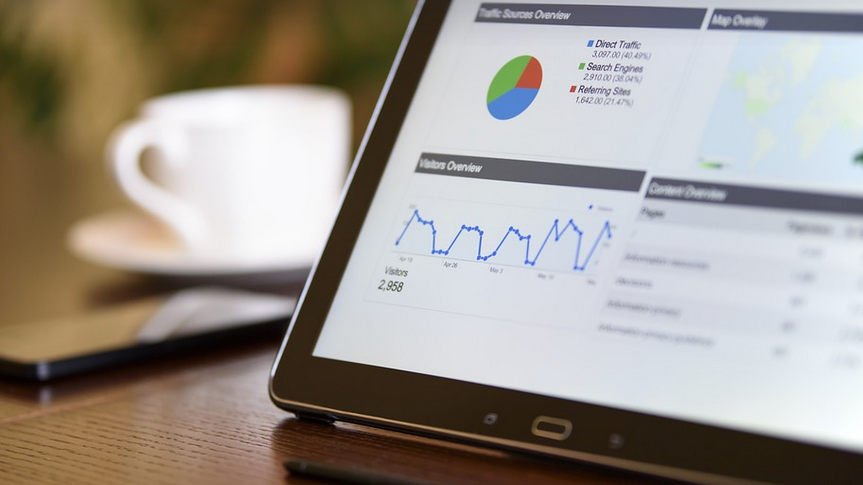Is an ERP System Right for Your Business?
So you’re thinking about investing in an Enterprise Resource Planning (ERP) system, huh? You might be a little overwhelmed by the idea. After all, ERP systems seem complex and expensive. But hold on! Before you dismiss them out of hand, let’s dive into the world of ERP and explore why it might just be the perfect solution for your small business.
Before we get into specific costs, it’s important to understand that an ERP system is not a one-size-fits-all solution. Just like you wouldn’t buy the same car and expect it to perform similarly to a customized racing vehicle, choosing the right ERP system depends on your business needs and goals.
Small businesses stand to gain significantly from implementing an ERP system. Whether you’re struggling with inventory management, accounting, or customer relationship management, ERP systems can streamline operations, improve efficiency, and ultimately boost profits.
But how much does it all cost? Well, that’s where things get a little nuanced.
Breaking Down the Cost of an ERP System for Small Businesses
As mentioned earlier, there’s no “one-size-fits-all” price tag when it comes to ERP systems. The cost can vary significantly depending on several factors:
- Type of ERP system: Cloud-based ERP solutions are typically less expensive than on-premise installations.
- Customization and features: A highly customized system with advanced functionalities will cost more than a basic, off-the-shelf solution.
- Implementation and training costs: The complexity of your business processes and the company’s willingness to invest in software implementation can impact these costs.
- Number of employees and departments: The larger the scope of your organization, the more resources you’ll likely need for integration and implementation.
Let’s break down the potential cost of ERP systems into their key components:
* **Software licensing:** This is the core cost of an ERP system, encompassing all software modules and functionalities. Cloud-based solutions often have subscriptions that vary based on user numbers and feature access. * **Implementation costs:** These will involve setting up the system, customizing it to your specific needs, integrating with existing systems, training staff, and ensuring a smooth transition. Costs can range from a few thousand dollars for basic implementations to tens of thousands of dollars or more for complex projects. * **Hardware and infrastructure:** If you’re opting for an on-premise ERP system, you may need to invest in hardware like servers, storage equipment, and networking solutions. * **Maintenance and support:** Ongoing costs include software updates, technical support, bug fixes, and maintenance services.
How to Determine the Best Cost-Effective ERP System
So, how do you find the most cost-effective ERP system for your small business? Here are some tips:
- **Start by identifying your specific needs:** What are your biggest pain points and what processes need improvement? What features are essential for your business to succeed?
- **Explore cloud-based ERP solutions**: These tend to be more accessible with lower upfront costs and require less maintenance compared to traditional on-premise systems.
- **Compare different vendors:** Review the pricing models, features offered, customer support options, and user reviews. It’s a good idea to get quotes from multiple providers to understand your budget range.
- **Negotiate for optimal prices:** Don’t be afraid to negotiate with vendors on certain aspects like implementation costs or additional features.
- **Consider free trials:** Most ERP software providers offer trial periods that allow you to test the system and see if it’s a good fit before committing to a purchase.
The Long-Term Benefits of an ERP System
While the initial cost of an ERP system can seem daunting, think about the long-term benefits. An efficient ERP system can pay for itself in several ways:
– **Reduced operating costs:** Streamlined processes and automation can reduce waste and ultimately save you money.
– **Increased efficiency:** Time management, inventory control, and order processing are all optimized for faster workflows.
– **Enhanced revenue generation:** The improved accuracy of your business data leads to better decision-making and increased sales opportunities.
– **Improved customer satisfaction:** A smooth and efficient experience for customers translates into positive reviews and repeat business.
– **Easier access to insights:** Real-time data from the system can inform strategic decisions, allowing you to adapt your business for success.
These benefits will ultimately translate to a more robust and successful small business.
Remember, every business is unique. The right ERP system isn’t about finding the cheapest option but about finding the best solution tailored to your needs. Don’t hesitate to seek expert advice from experienced consultants who can guide you through this process.


